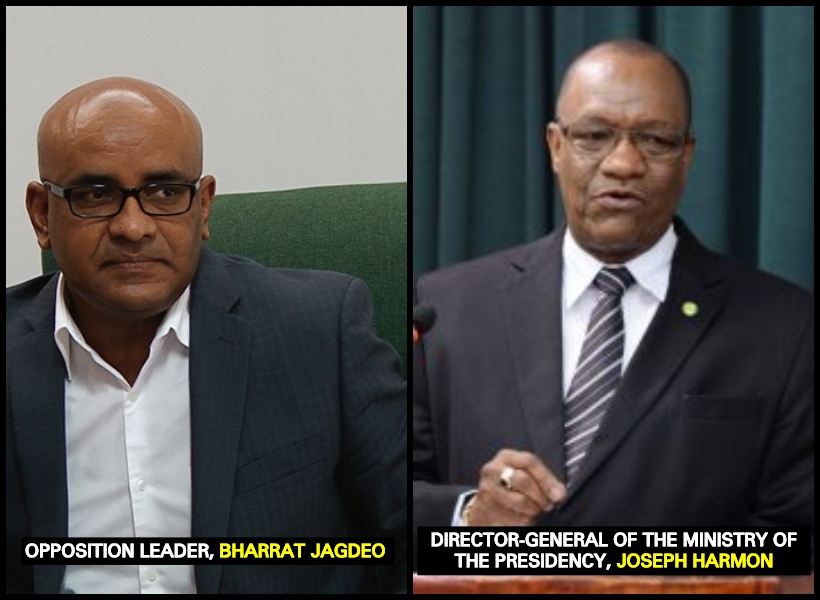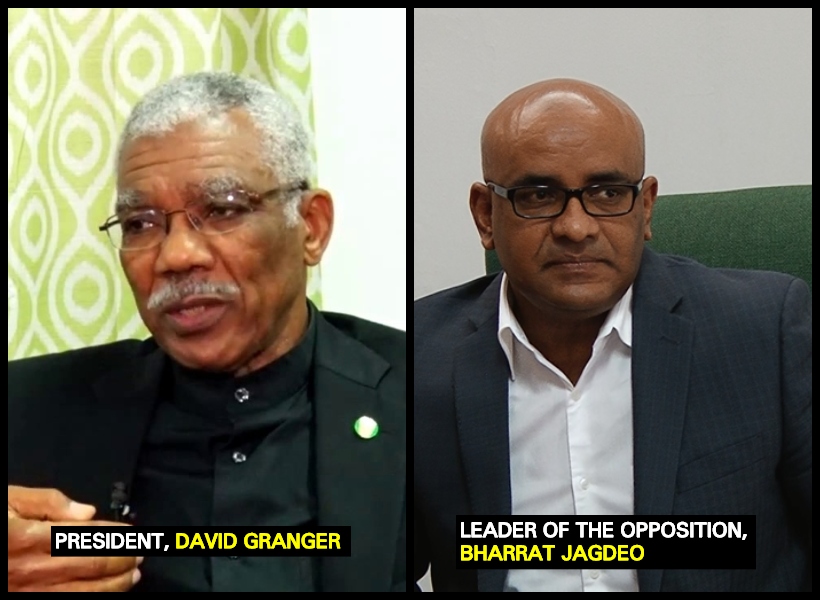Guyana has long subscribed to the doctrine of separation of powers where the three arms of the State — Government, Judiciary, and Parliament — are allowed to function independently.
However, according to attorney-at-law and former Member of Parliament Charles Ramson, the APNU+AFC government is fast moving away from operating in a manner that harmonises with the principles that embody the doctrine of separation of powers.
Ramson said that the latest example of the disregard for separation of powers is the government’s attempt to interpret the Caribbean Court of Justice’s (CCJ) interpretation of the Constitution regarding the process to appoint a Chairman of the Guyana Elections Commission (GECOM).
Ramson pointed to a letter recently sent to Opposition Leader Bharrat Jagdeo by Director-General Joseph Harmon on behalf of President David Granger. The letter states, with reference to paragraph 26 of the judgment of the Caribbean Court of Justice which ruled that the President’s unilateral appointment of James Patterson as the chairman of GECOM was unconstitutional, that “the Government interprets this to mean that both the President and the Leader of the Opposition will provide nominees on the list of six persons.”

Ramson said that the world knows that the interpretation of laws is solely and exclusively the domain of the judiciary. He said that by attempting to further interpret the interpretation of the relevant constitutional provisions made by the CCJ, the government is seeking to usurp the function of the judiciary.
Ramson noted that Harmon is an attorney-at-law who ought to know what gives in the matter at hand; “it, therefore, brings seriously into question the good faith nature of the government in the process.”
Ramson continued, “What is perverse as well is that in the letter, the government says that it understands paragraph 26 of the judgment to mean that the President will provide nominees which will form a list submitted by the Leader of the Opposition from which the President will appoint a chairman. So basically, the President wants to name some of the nominees and then select one of those nominees to become the chairman.”

Ramson said that the process suggested by the government is tantamount to President Granger unilaterally appointing the new GECOM Chairman.
He said that the very paragraph 26 of the CCJ judgment, which is quoted in the letter, states clearly for the President and the Leader of the Opposition to agree to the names of six persons and not for the President to have nominees which form part of the list of six persons submitted by the Leader of the Opposition.
Paragraph 26 states, “The Court decided that the most sensible approach to operationalising the Article was for the Leader of the Opposition and the President to communicate with each other in good faith, and perhaps even meet to discuss, eligible candidates for the position of Chairman before a list is formally submitted. The aim of these discussions must be to agree on the names of six persons who fit the stated eligibility requirements and who are not unacceptable to the President.”













